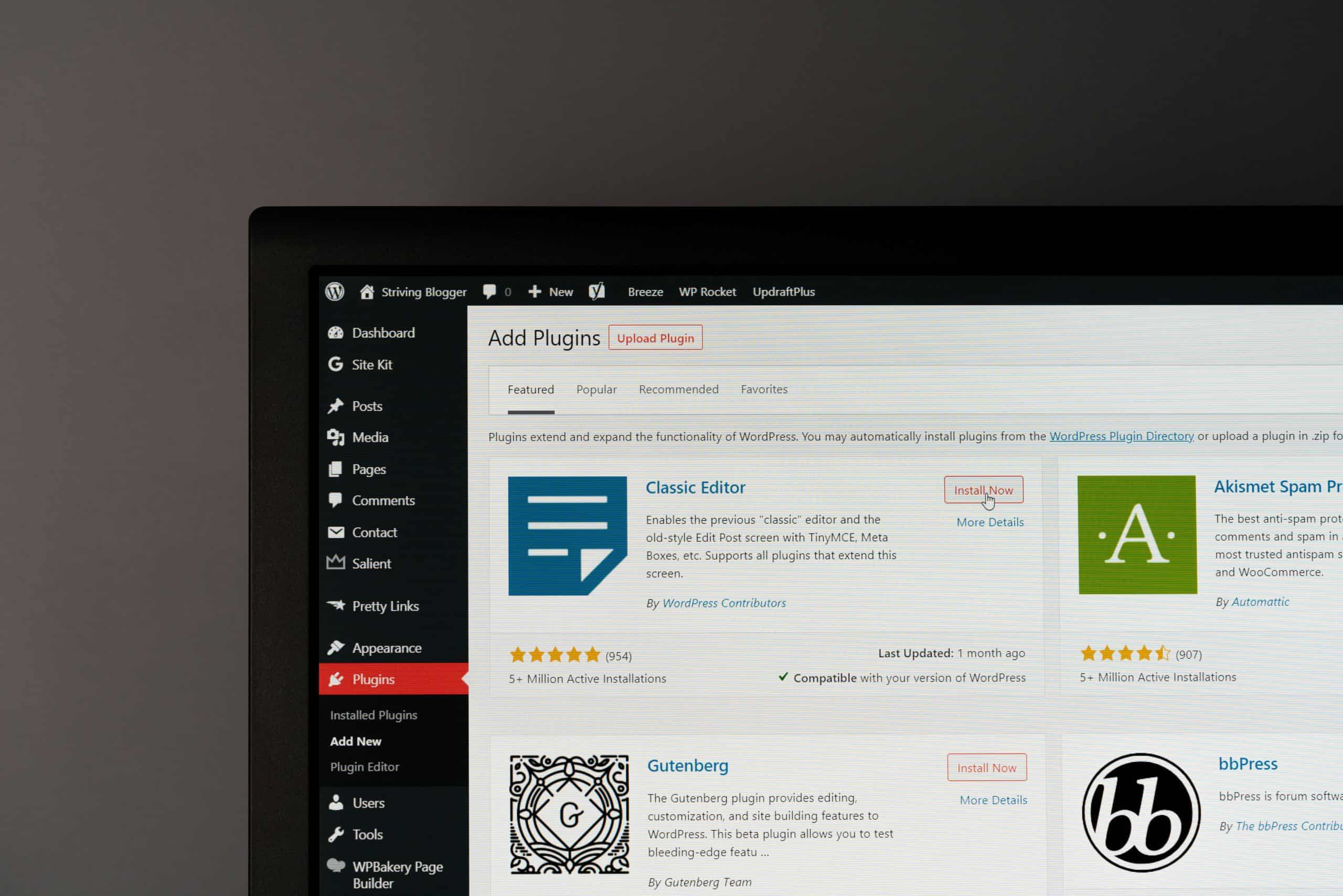WordPress vs Joomla vs Drupal
A content management system (CMS) you decide to use is an integral part of your website’s performance. It allows you to manage all of your website’s content without any coding skills.
Modern-day content management systems are incredibly easy to use and make building and managing the website as easy as it can be. However, which CMS to choose is a rather confusing question since there are many great solutions out there, the most popular of which are WordPress, Joomla, and Drupal.
Now, you can choose a CMS while setting up hosting for your website, and it often comes in the form of Joomla, Drupal, or WordPress VPS hosting. To help you make the right choice, we will compare the three most popular content management systems in this article.

CMS Overview
Content management systems are software applications that allow the creation, managing, and editing of website content with no need for any technical expertise. Most CMS also have website-building functionality included.
There are three most commonly used CMSs: WordPress, Joomla, and Drupal.
WordPress
You’ve probably heard of WordPress, but if not, it’s the world’s most popular choice of CMS. WordPress is powering 40% of all existing websites. It is free-to-use, but it has many advanced features nonetheless, such as thousands of themes and plugins. This CMS also has a user-friendly interface and tools for SEO optimization.
Joomla
Joomla is another powerful content management system that offers extensive functionality including multiple ready-to-use templates. Its primary focus is on content management, unlike other CMS. Moreover, Joomla is accessible and flexible with many extensions available to customize your website.
Drupal
Drupal is considered to be one of the most high-powered content management systems. For this reason, is it used by some of the most reputable websites including the official White House website. Drupal can handle more complex tasks and management of large and high-traffic websites. It has many modules and control capabilities for completing various tasks.
WordPress, Joomla, and Drupal: Comparison
WordPress, Joomla, and Drupal are actually very similar in their functionality and setup, so it might be hard to discern which one to use for your website. They all share the same process: you need to just install the CMS, choose a theme, apply some extensions, and post content. However, Joomla, Drupal, and WordPress differ in terms of their user-friendliness, functionality, customizability, security measures, and cost.
User-friendliness
Drupal is, perhaps, the less user-friendly CMS out of the three. It has tricky navigation, with themes and modules not being readily available directly from the dashboard. When it comes to editing tools that Drupal offers, they seem to be more suitable for individuals, who have technical knowledge and know coding. To be fair, the installation of Drupal is pretty straightforward.
Joomla has a fairly intuitive interface, including the navigation. Editing and management tools are easy enough to learn and use; different extensions, however, need to be downloaded separately, which isn’t the most convenient.
WordPress can be considered the most user-friendly of the three CMSs. The area of content management, including editing and organizing content is the strongest attribute of WordPress since it’s incredibly accessible. You can access plugins and themes directly from the WordPress admin page, which is pretty convenient.
Functionality
Drupal’s functionality is focused on solid performance and security, however, it doesn’t lag in terms of content management and editing. Drupal might be the most comprehensive choice when it comes to editing through code.
Joomla exceeds expectations when it comes to the management of content, specifically organizing it. It has convenient log monitoring and access control, which comes in handy when several people work on the project in collaboration. Joomla is also known for its excellent SEO optimization tools.
In terms of functionality, WordPress is the most versatile out of the three due to its extensions. However, there are not that many helpful built-in features related to content management. It is quite common with WordPress to be forced to download extra modules or plugins to use tools readily available on other CMSs, for example, caching.
Customizability
Drupal has around 3,000 official templates, and it supports third-party themes as well. When it comes to modules, Drupal has more than 40,000 official ones, available through an official repository.
Joomla lags behind on templates and themes since it doesn’t have an official collection. This means that to use themes and templates, one needs to search for them on third-party resources; even though installing templates is easy, it still takes some effort to get across them. About extensions, Joomla has 6,000 of them available through its dashboard.
WordPress has 8,000 official themes on its website, which can be installed through its admin panel. It also has an official 50,000-big plugin directory. Goes without saying, that you can find thousands of third-party themes and plugins for WordPress on the web due to its popularity.
Security measures
The CMS that is subjected to cyber attacks the most is WordPress simply because it’s the most popular one. But it shows sufficient resilience to them. However, we want you to keep this factor in mind if you choose to use WordPress.
As for Drupal, security is its primary focus, so it is pretty solid in that sense. It also has fewer known vulnerabilities, so it gets subjected to security threats less often than WordPress.
Joomla also has string security measures like two-factor authentication and others.
Cost
All three content management systems are open-source, which means they are free to use. However, there can be additional features like specific plugins, themes, etc. that cost extra.
Which one to choose?

WordPress, Drupal, and Joomla are all excellent choices, but the answer to the question “Which one to choose?” should be based on the specific requirements for your website, your technical expertise, and also your preferences regarding the mentioned user-friendliness.
- The Corporate Contract Winner: Landing High-Volume B2B Orders with WP Gift Wrap - December 12, 2025
- The Missing Link in WordPress Reliability: A Deep Dive into WP Email Log - November 28, 2025
- Video Trimmer That Lets You Rearrange Scenes Instantly - November 11, 2025
Where Should We Send
Your WordPress Deals & Discounts?
Subscribe to Our Newsletter and Get Your First Deal Delivered Instant to Your Email Inbox.



